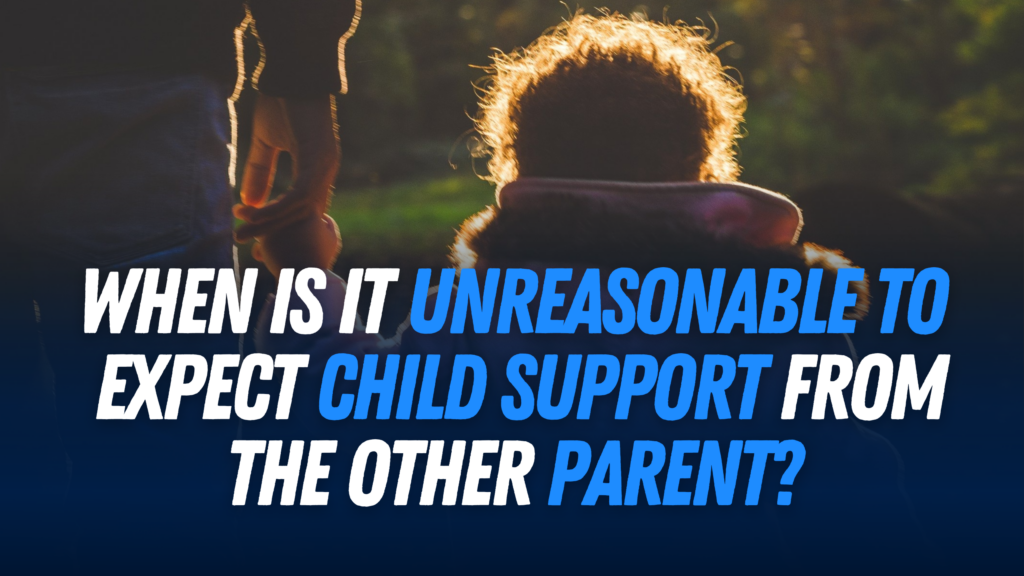
Child support is designed to ensure that both parents help pay for their child’s needs, but there are times when expecting these payments might not be realistic. Some parents can’t afford to pay, and others might not be required to. Knowing when child support might not be practical can help you manage your expectations and avoid frustration. Here are some situations where expecting child support might not work out:
1. The Other Parent Can’t Work: If the other parent is disabled, ill, or unable to find work, they may not be able to pay child support. If they rely on government assistance, those funds might not be available for child support. Courts usually consider the paying parent’s financial situation before enforcing payments, so if they have no income, getting support might not be feasible.
2. The Parent is in Jail: If the other parent is in prison, they likely have no income and can’t pay child support. Even after they are released, finding a job can be tough, especially if they have a criminal record. Some courts may pause child support payments while the parent is incarcerated, so you might have to find other ways to support your child during this time.
3. They Have Another Family: If the other parent has remarried and has more children, their financial responsibilities might be split among all their dependents. Courts can lower child support payments if the parent has limited income and needs to support multiple families. This doesn’t mean your child’s needs are ignored, but the court will look at all their responsibilities.
4. Paternity Is Not Legally Established: If the legal father of the child hasn’t been confirmed, it’s unlikely you can expect child support. Courts need legal proof of paternity, which usually requires DNA testing. If you want support, establishing legal paternity should be your first step.
5. The Parent Has Moved Abroad: If the other parent has left the country, collecting child support can be very challenging. Some countries cooperate with the U.S. on child support enforcement, but many do not. Tracking down a parent overseas can be expensive and time-consuming, and they may leave to avoid payments.
6. They Are Hiding Income: Some parents try to avoid paying child support by working under the table or hiding their money. If they earn cash and don’t report it, collecting support can be difficult. Courts can investigate, but proving hidden income is often a challenge. If they are skilled at avoiding responsibility, you might not see regular payments.
7. The Court Says the Amount Is Too Low: Sometimes, a judge might decide that the amount of child support is too small to pursue. If the other parent has a low income, the ordered payments could be minimal, making it impractical to collect. In such cases, it might be better to explore other financial options.
8. The Parent Has Filed for Bankruptcy: If the other parent has declared bankruptcy, their financial obligations might change. While child support usually isn’t canceled by bankruptcy, it could reduce or delay payments. Collecting support from someone in financial trouble can be tough, so consider whether pursuing it is realistic.
9. The Parent Has Never Been Involved: If the other parent has never participated in the child’s life, enforcing child support might be difficult. They may be hard to find or refuse to pay. Some parents choose to focus on raising their child without financial support from the other parent rather than engaging in a long legal battle.
10. The Parent Has Died: If the other parent has passed away, child support payments will stop unless they had life insurance or a financial plan for the child. If no such plan exists, you may need to look into survivor benefits, like Social Security for children.
If you find yourself in one of these situations, it might be better to look for other ways to support your child. You could explore government assistance, increase your own income, or seek help from community resources. Depending too much on an unreliable parent for child support can lead to stress and disappointment, so focusing on practical solutions may be more beneficial.



